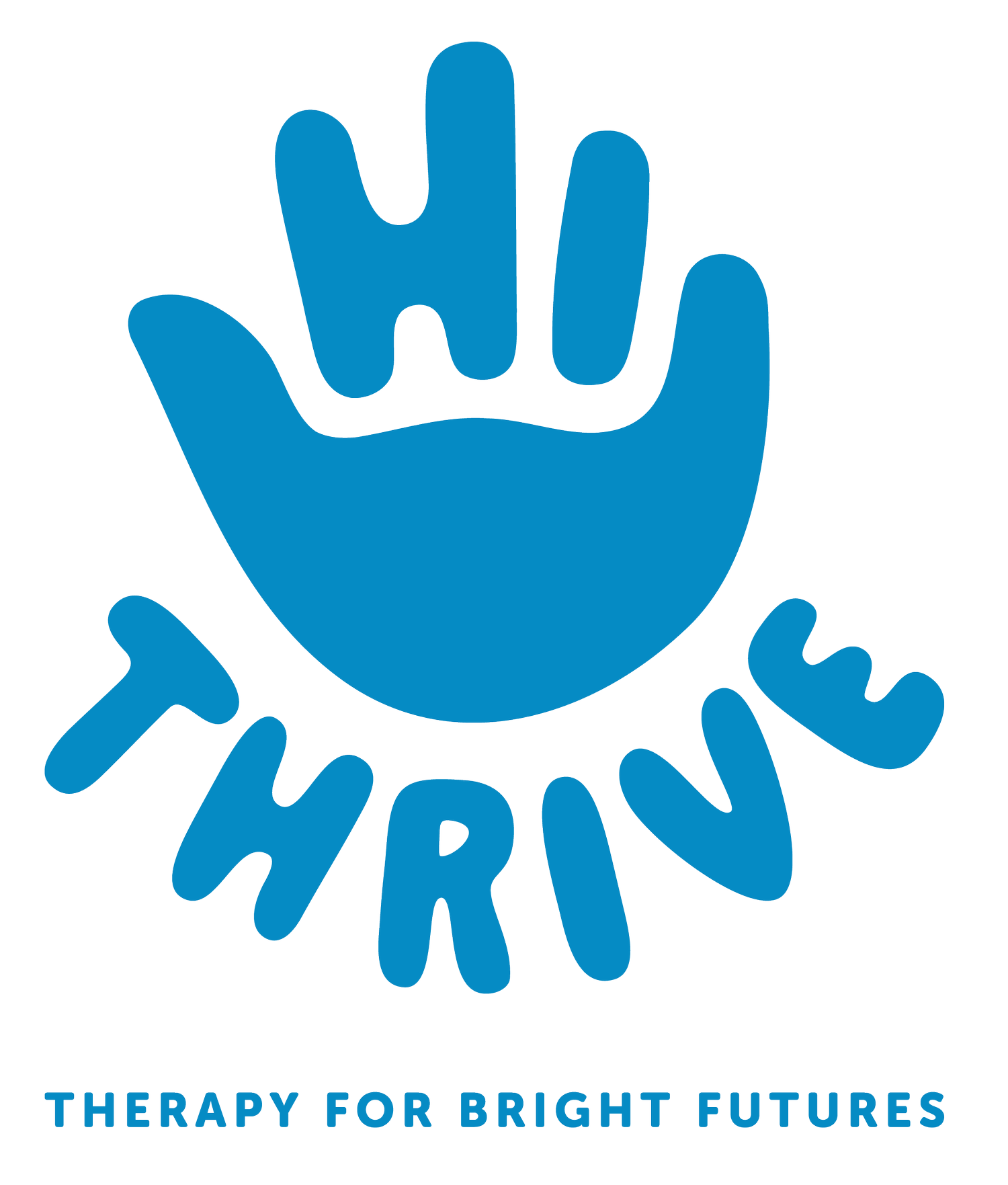
Why Home-Based Therapy Works Best for Kids (According to the Research)
We believe that therapy should meet children where they feel safest and most themselves — at home, at school, at kinder, or in their community. It’s not just a nice idea. The evidence is clear: children learn best in the environments where they live, play, and connect.
Here’s what the research says about why therapy in natural settings (like your home or your child’s kinder) is not just convenient — it’s actually best practice.

Understanding School Refusal: A Neurodiversity-Affirming Approach
School refusal is often more than reluctance—it can be a sign that a child’s needs aren’t being met in their learning environment. Rather than focusing solely on attendance, it’s important to understand the underlying sensory, emotional, or social factors contributing to a child’s distress. In this article, we explore how paediatric occupational therapists work collaboratively with families and schools to identify these needs and implement tailored supports. By creating safer, more responsive environments, children can gradually build the confidence and regulation skills needed to re-engage with learning and daily school routines.

Supporting Autistic Children Through Meltdowns: A Practical, Trauma-Informed Approach
Meltdowns in autistic children are not behavioural problems—they’re neurological responses to overwhelm. This blog explores how parents and caregivers can support children using the NEST approach, a trauma-informed and neurodiversity-affirming framework used by occupational therapists to promote safety, emotional regulation, and long-term wellbeing.
